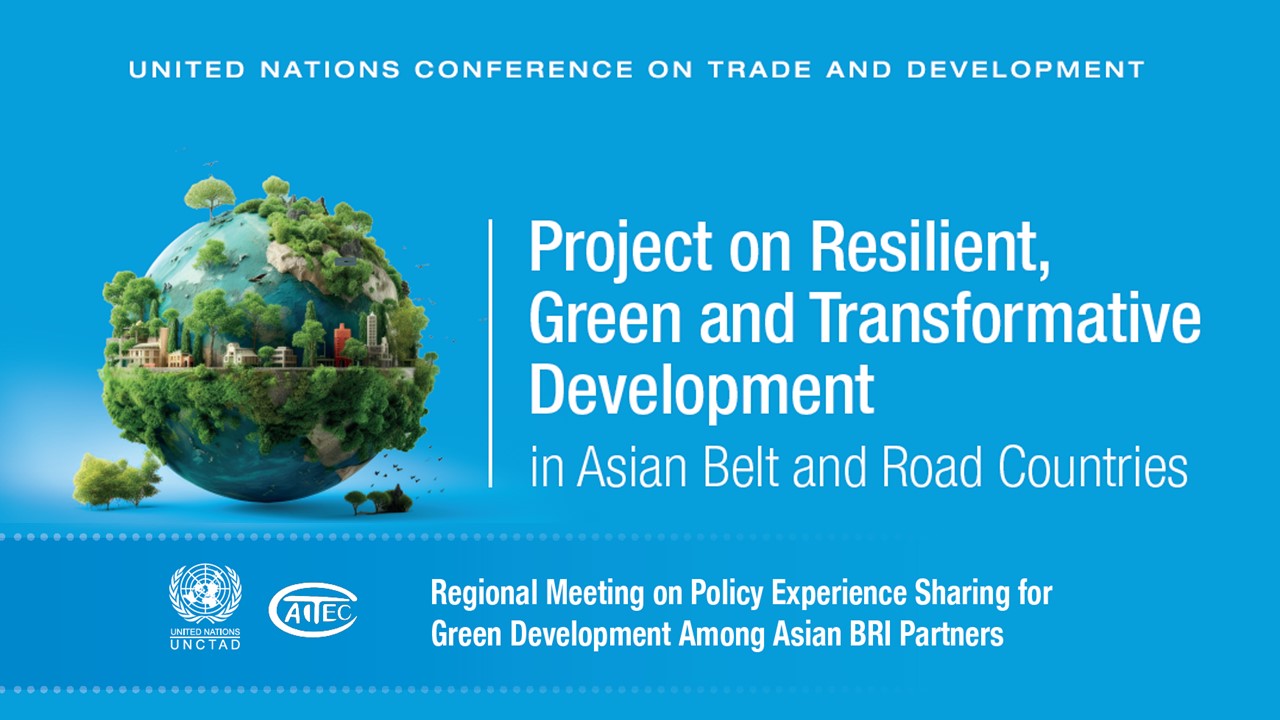
The covid-19 pandemic and cascading crises have acutely exposed the vulnerabilities of developing countries with severely squeezed fiscal space, food and fuel crises, debt distresses, supply chain disruption, among others.
Added to those pressing challenges, developing countries are disproportionately affected by climate change and consequences such as rising global mean surface temperatures, rising sea levels, more frequent extreme weather events and associated economic and social damages, which calls for taking measures to adapt to the changing situation.
Meanwhile, developing countries also need to advance the green low-carbon transition of their economy so as to fulfill the commitments under the Paris Agreement. However, the radical technological transformation that will need to take place in the attempt to reduce global greenhouse emissions to net zero by around 2050, also offers important opportunities to developing economies.
Shifting from a world economy based on fossil fuels to one based on clean energy will change value chain configurations, power relations and economic geographies in ways that we have only begun to understand. Understanding the implications of such an unprecedented shift for developing economies and shaping a policy framework able to foster green transition along with industrial transformation and economic development is of primary importance.
Since 2022, UNCTAD has been implementing a project entitled “Integrated Policy Strategies and Regional Policy Coordination for Resilient, Green and Transformative Development: Supporting Selected Asian BRI Partner Countries to Achieve 2030 Sustainable Development Agenda”. The project aims to assist partner countries for their green structural transformation through providing policy analysis and strategies, building institutional capacities, and enhancing regional economic cooperation around green development.
This regional meeting will focus on policy experience sharing and peer-learning among China, project countries and other developing economies on the topic of green development. It will pool together high-level government officials, UN and other international organizations experts, renowned scholars and business leaders to exchange view on the challenges facing developing countries in addressing the challenges from climate changes and cascading crises, and how to formulate better policy strategies and regional cooperation to achieve Sustainable Development Goals through green and structural transformation.


